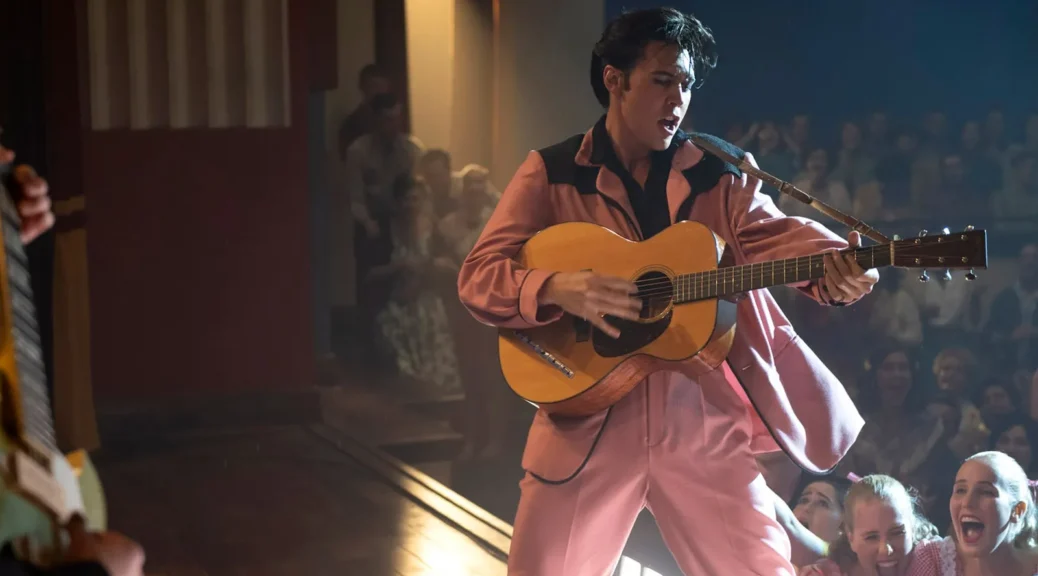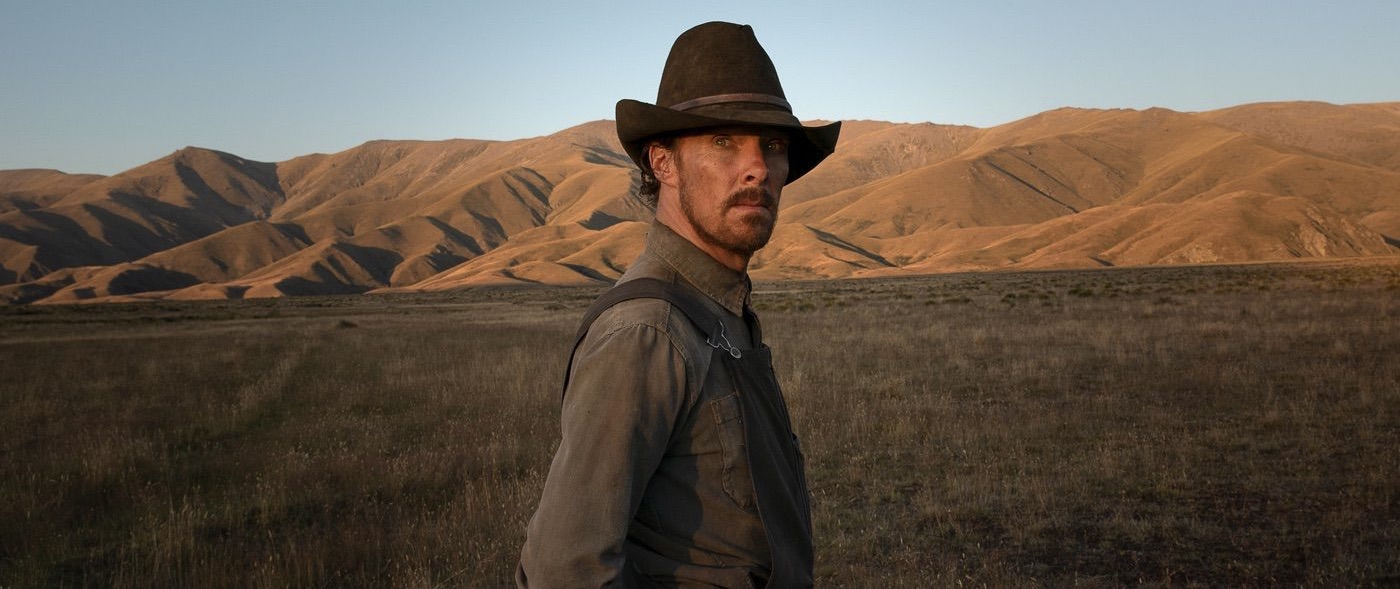Elvis
by George Wolf
If you’re looking for someone to bring a fresh perspective to the Elvis Presley story, Baz Luhrmann would seem like a no brainer. Though he can certainly lean too hard toward style and away from substance (Australia), he can also fill a screen with tremendous energy, visual pizazz and musical exuberance (Moulin Rouge!).
And by now, any by-the-numbers take on Elvis would just be silly. Think more Rocketman, less Bohemian Rhapsody.
Luhrmann’s Elvis succeeds – to a point, as inspired choices often push the film forward while others seem to hold it back.
At the top of the win column is Austin Butler’s mesmerizing performance as The King. Beyond capturing the smoldering good looks and iconic speech pattern, Butler finds power in the raw physicality of role, an essential part of believing how this one man’s sexuality shook the world. No doubt Butler will be remembered comes awards season.
And yet, this film is only partially about Elvis.
GD national treasure Tom Hanks – an awards contender himself under layers of impressive makeup and prosthetics – narrates the film as Elvis’s longtime manager, Col. Tom Parker. Ill and seemingly nearing his end, Parker wants to tell us his side of story, and why he’s maybe not as bad as we’ve been told.
And while focusing on the perspective of the “Snowman” (Parker’s term for a master of the snow job) without legitimizing it is an interesting approach, it also keeps us detached from the Showman.
Even when depicting Elvis’s childhood, Luhrmann (co-writing as well as directing) frames him as akin to a comic book hero. So as we follow the meteoric rise, the Hollywood floundering, the comeback and the Vegas rot, the film is more interested in holding Presley up as a mythical figure than holding him accountable as a mere mortal.
There are moments with show-stopping visuals and stand-up-and-cheer performances (especially the “If I Can Dream” sequence from Elvis’s TV special in 1968), but they never feel like enough. Luhrmann drops in occasional clips of the real King, and peppers the impressive cast with Kelvin Harrison, Jr. (as B.B. King), Gary Clark, Jr. (Big Boy Crudup) Yola (Sister Rosetta Tharpe) Kodi Smit-McPhee (Jimmie Rodgers Snow) and more, gearing you up for a gloriously indulgent showcase that never comes.
Elvis is stylistic, well-performed and often highly entertaining. But with an overlong running time of 2 1/2 hours plus, you’d think there would be at least a little room left to go full Luhrmann.





